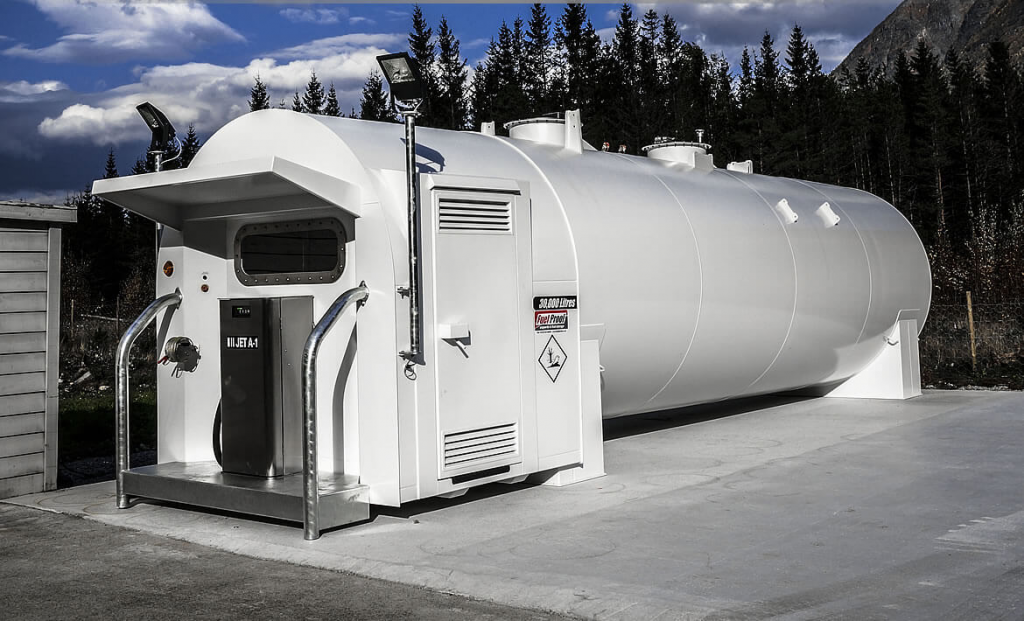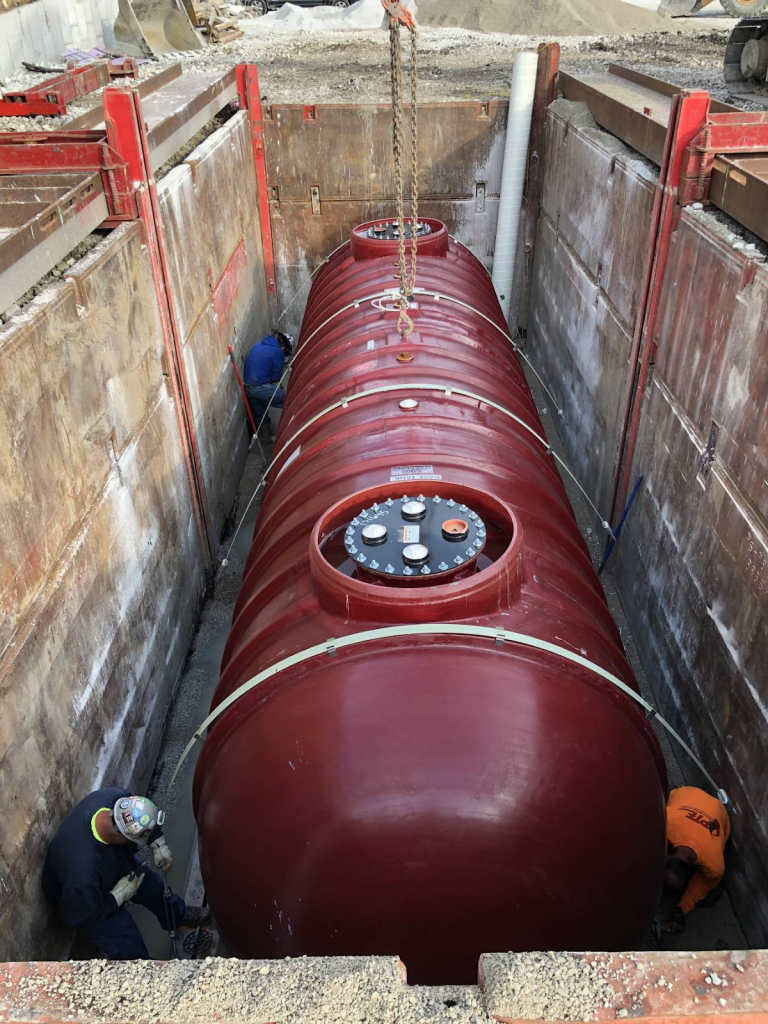
Fuel Tanks; Definition, types, parts, and inspection list

Fuel tanks are an essential component of many industries, including aviation, transportation, and energy production. These tanks are used to store and transport various types of fuels, including gasoline, diesel, and aviation fuel. Proper maintenance and inspection of fuel tanks are crucial to ensure their safe operation and prevent potential accidents or incidents.
Third-party inspection companies play a vital role in inspecting fuel tanks and ensuring their compliance with safety standards.
Types of Fuel Tanks:
There are several types of fuel tanks used in different industries, including:



Fuel tanks can be made of different materials such as plastic, steel, aluminum, or composite materials. Each material has its advantages and disadvantages, and the choice of material depends on various factors such as cost, weight, durability, and safety.
Plastic fuel tanks are lightweight and resistant to corrosion but are susceptible to punctures and may not withstand extreme temperatures.
Steel fuel tanks are durable and can withstand high temperatures but are heavy and prone to rust.
Aluminum fuel tanks are lightweight and corrosion-resistant, but they may be expensive. Composite tanks are lightweight and corrosion-resistant, but they may be costly to manufacture.
Fuel Tanks Parts:
Fuel tanks consist of several parts, including:
Fuel tanks must be designed and constructed to meet safety standards and regulations. They must be able to withstand the stress and strain of transportation, including impacts, vibrations, and temperature changes. They must also be able to prevent fuel leaks and fires, which can be hazardous to the environment and people.
How to Inspect Fuel Tanks using Third-Party Inspection Companies:

Third-party inspection companies play a critical role in ensuring that fuel tanks are safe for use and comply with relevant safety regulations and standards.
The following are the steps involved in inspecting fuel tanks using third-party inspection companies:
Pre-inspection preparation: Before the inspection, the fuel tank owner or operator should ensure that the tank is empty and cleaned. The tank should also be isolated from any equipment or pipelines that may be connected to it.
Visual inspection: The inspector will conduct a visual inspection of the fuel tank’s exterior and interior surfaces. They will look for signs of corrosion, leaks, or other damage that may indicate a potential safety hazard. The inspector will also check the tank’s structural integrity, including the welds, seams, and supports.
Non-destructive testing: The inspector may also use non-destructive testing methods, such as ultrasonic testing, to check for defects or weaknesses in the tank’s structure. Ultrasonic testing uses sound waves to detect flaws or inconsistencies in the metal of the tank.
Testing for contaminants: If the tank has been used to store fuel or other materials, the inspector may also test for contaminants such as water or sediment. These contaminants can cause corrosion and other damage to the tank over time.
Report and recommendations: Based on the inspection results, the inspector will provide a detailed report outlining any issues or concerns that were identified during the inspection. The report will also include recommendations for corrective action to address any safety hazards or deficiencies.
Conclusion
Fuel tanks are a critical component of many industries and play a vital role in storing and transporting fuels safely. Proper maintenance and inspection of fuel tanks are crucial to ensure their safe operation and prevent potential accidents or incidents.
Third-party inspection companies have the necessary expertise and training to ensure that these tanks comply with safety
Atlas Support & Service Company can do all the necessary inspections of Fuel tanks, which contributes to raising the level of safety of employees and preserving the organization’s property.
Here are some of the inspections Atlas company provides:
Atlas also gives out ISO certificates in a number of areas and does a systematic audit of the work of an organization’s main departments, which is done by an independent party.
If you are looking for our services or you have some questions, you can contact us via our email (info@atls.com.as) or call on (00966112080550). And we will be thrilled to assist you.